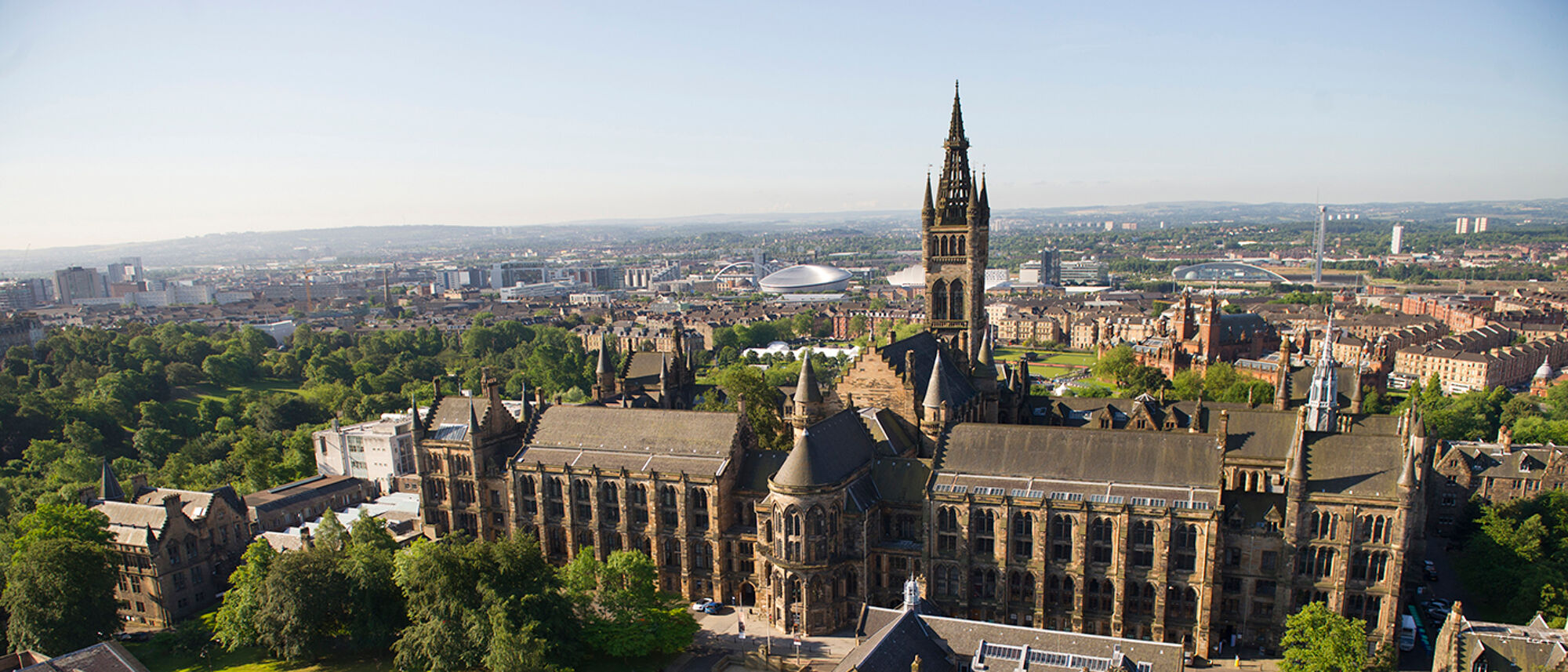
Climate change: leading from the front
Principal of the University Professor Sir Anton Muscatelli says that our academic and scientific expertise demands that we play a pivotal role in tackling the climate emergency.
In different circumstances, Glasgow would be gearing up to welcome delegates from around the world to the UN’s COP26 Conference. A significant moment for the city and an opportunity to bring momentum to one of the most pressing challenges we face: climate change.
But 2020 had different ideas. In the blink of an eye, the pandemic has turned the world on its head and reminded us of how fragile society and our economy can be.
While COVID-19 and the climate emergency are distinct crises, they resemble each other in three key respects: they are truly global problems, just like viruses, carbon emissions care little for borders; both threaten to impact our poorest communities disproportionately; and each demands coordinated action of a magnitude not usually seen in peacetime. Global challenges require a global response and it falls to governments and institutions to lead the way. At UofG we recognise that given the scientific and academic expertise at our disposal, and as a world-changing centre of educational and research excellence, we have a duty to lead from the front.
That is why in 2014 we became the first UK university to commit to fully disinvesting from fossil fuels. Why in 2017, we signed the Sustainable Development Goals Accord, committing us, among other things, to combatting climate change and environmental degradation. And why in May 2019, we became the first Scottish university to declare a climate emergency.
Since then we have been developing Glasgow Green, the University’s Climate Change Strategy and Action Plan, which commits us to the ambition of achieving carbon neutrality by 2030.
We understand that meeting this target will be challenging. It will require further concerted action across the University, buy-in from students, staff and our wider community, a review of current practices, including the frequency of international travel, the leveraging of assets such as the Centre for Sustainable Solutions, gold-standard carbon offsetting and significant investment in greening our estate, at a time when resources across higher education are under strain. But it is achievable.
Working in concert with partners from industry, the third sector and local and national government, we are determined to continue to play our part in tackling the environmental crisis, both in terms of reducing our own carbon footprint and by acting as a centre for ideas, initiatives and innovative research which will help accelerate Scotland’s transition towards becoming a low-carbon economy, particularly as we build back from the pandemic.
The environmental crisis remains one of the most pressing issues we face. We must all take stock of what we are doing, and what more might be done.
This article was first published September 2020.

"Universities are among the handful of organisations with the reach, expertise and resource base to effect real and impactful change." Professor Sir Anton Muscatelli
A fight for survival in a warming world
We're exploring solutions to the devastating bleaching of the world's coral reefs.
Our new centre aims to be part of the solution
Our Centre for Sustainable Solutions has launched and is ready to rise to the climate challenge.
UofG and the United Nation’s SDGs
How we are aligning our research with the United Nations' 17 Sustainable Development Goals.

